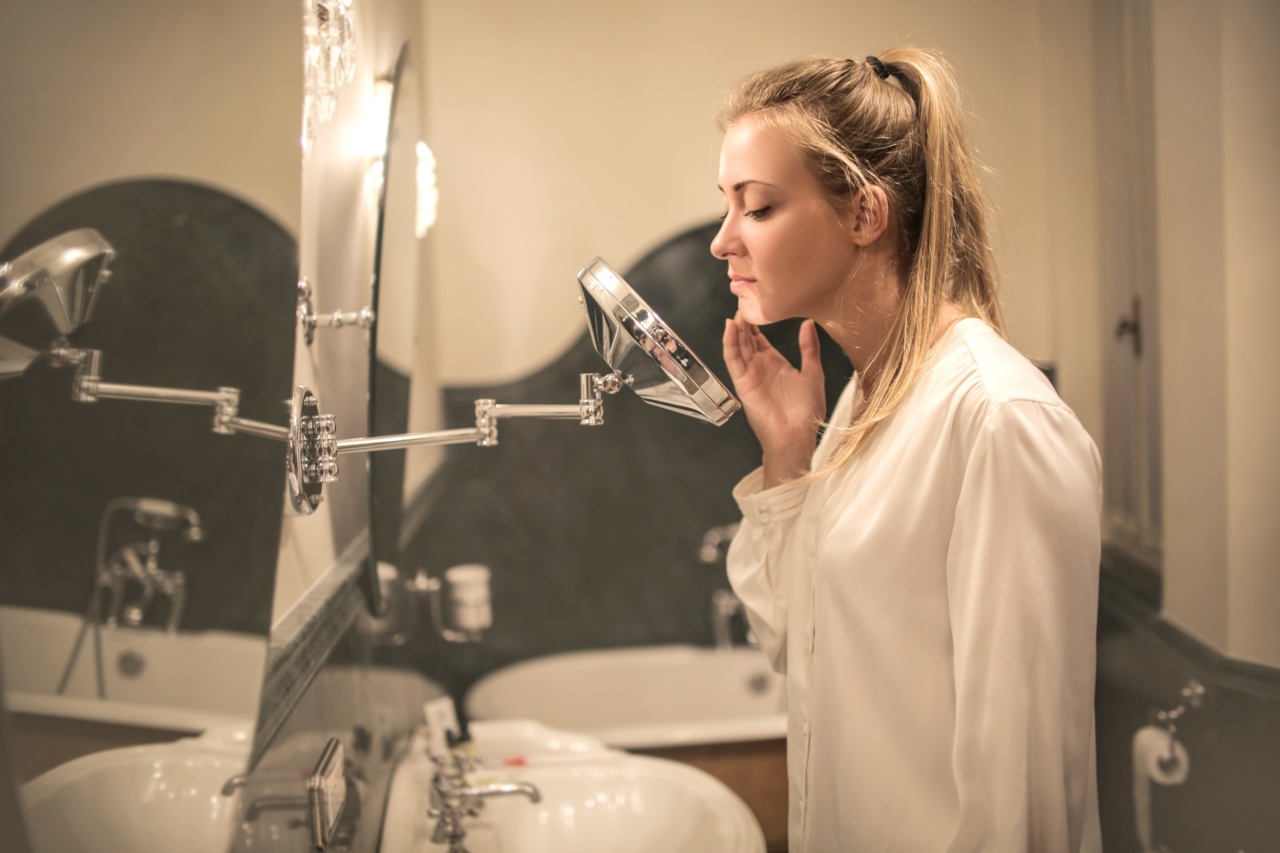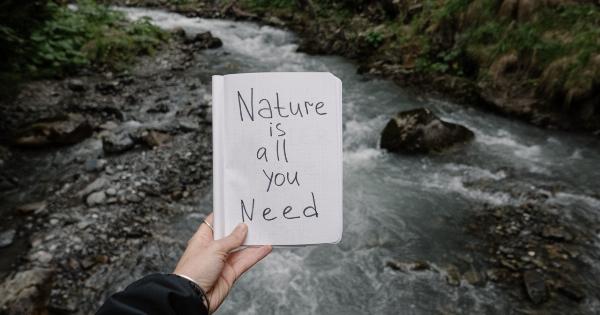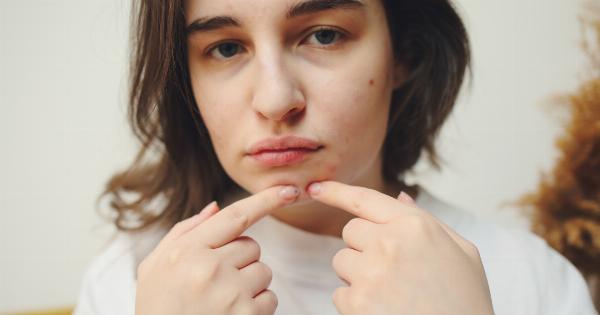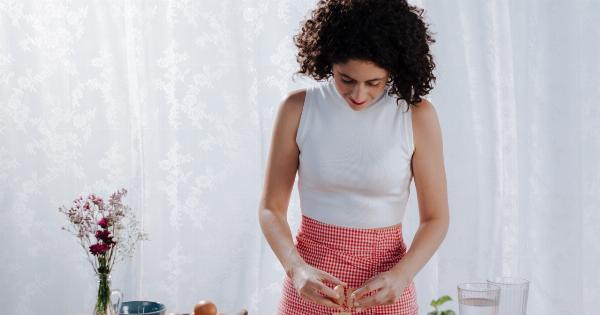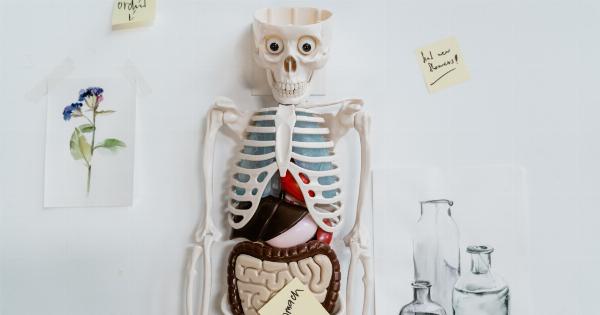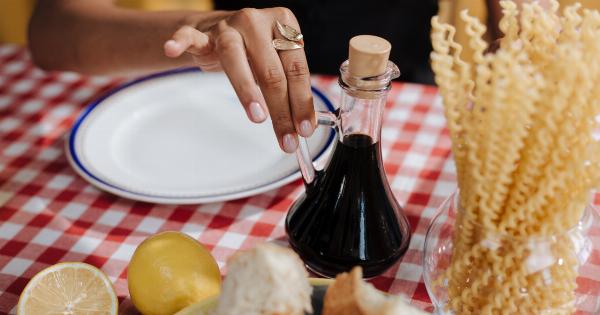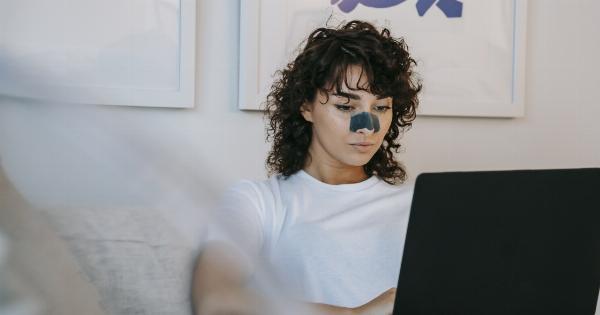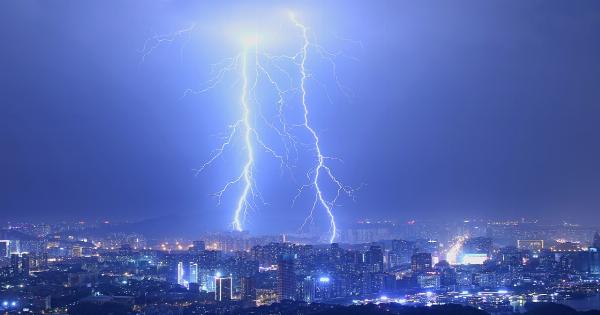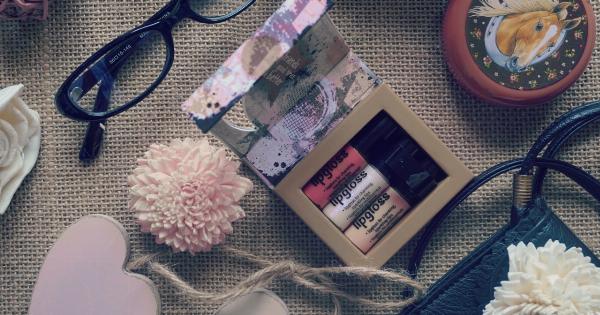Cystic acne is a severe form of acne that causes large, painful, and inflamed cysts to form beneath the skin. It can be frustrating and challenging to treat, but there are natural remedies that can help alleviate the symptoms and promote healing.
In this article, we will explore various natural treatments for cystic acne that can be incorporated into your skincare routine.
1. Tea Tree Oil
Tea tree oil is a powerful natural remedy for cystic acne due to its antibacterial and anti-inflammatory properties.
To use tea tree oil, dilute it with a carrier oil like jojoba oil or coconut oil and apply it directly to the affected areas using a cotton swab. Repeat this 1-2 times daily for effective results.
2. Apple Cider Vinegar
Apple cider vinegar (ACV) is known for its ability to balance the pH of the skin and reduce inflammation. To use ACV, mix equal parts of ACV and water, and apply it to your skin using a cotton ball. Leave it on for 5-10 minutes before rinsing it off.
Make sure to moisturize your skin afterward, as ACV can be drying.
3. Aloe Vera
Aloe vera has soothing and anti-inflammatory properties that can help reduce the redness and swelling associated with cystic acne. Extract the gel from an aloe vera leaf and apply it directly to the affected areas.
Leave it on for 20-30 minutes before rinsing it off. Repeat this process twice daily for optimal results.
4. Witch Hazel
Witch hazel is a natural astringent that can help reduce inflammation and kill bacteria on the skin. Apply witch hazel to a cotton pad and gently swipe it over the affected areas.
You can use witch hazel up to 2-3 times daily, but make sure to moisturize your skin afterward as it can be drying.
5. Turmeric
Turmeric contains curcumin, which has anti-inflammatory and antimicrobial properties that can help reduce cystic acne. Create a paste by mixing turmeric powder with water or honey and apply it directly to your skin.
Leave it on for 15-20 minutes before rinsing it off. Use this remedy 2-3 times per week for best results.
6. Green Tea
Green tea is rich in antioxidants that can help reduce inflammation and fight bacteria associated with cystic acne. Brew a cup of green tea, allow it to cool, and apply it to your skin using a cotton ball.
Leave it on for 10-15 minutes before rinsing it off. You can use this treatment daily or a few times a week.
7. Honey
Honey has powerful antibacterial properties that can help reduce cystic acne and promote healing. Apply a small amount of raw honey to the affected areas and leave it on for 15-20 minutes before rinsing it off.
Repeat this process daily or every other day for optimal results.
8. Essential Oils
Several essential oils, such as lavender, rosemary, and clove oil, have antimicrobial and anti-inflammatory properties that can help treat cystic acne.
Mix a few drops of your preferred essential oil with a carrier oil, such as jojoba or coconut oil, and apply it to the affected areas. Leave it on overnight and rinse it off in the morning.
9. Dietary Changes
Making certain dietary changes can also help improve cystic acne. Reduce your intake of processed and sugary foods, as they can trigger acne breakouts.
Increase your consumption of fruits, vegetables, and foods rich in omega-3 fatty acids, such as salmon and walnuts, to promote healthy skin.
10. Stress Management
Stress can exacerbate cystic acne, so practicing stress management techniques like yoga, meditation, or deep breathing exercises can help reduce acne flare-ups.
Prioritizing self-care, getting enough sleep, and engaging in relaxation activities can also contribute to clearer skin.
